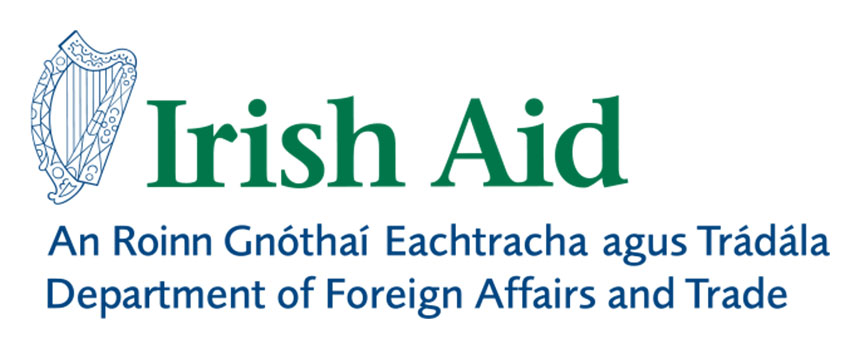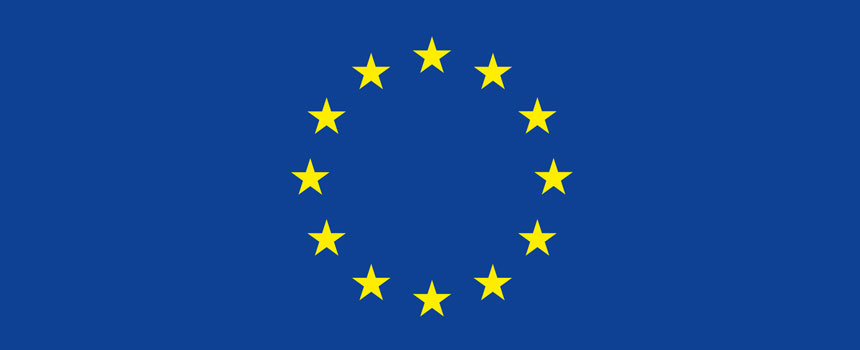New Deal, Same Greek Tragedy
15 June 2016

By Derek Lynch
Greece has been ensnared by a seemingly unending cycle of austerity and depression. This state of play has seen the country loose a quarter of GDP since 2007, unemployment has been steady at 25% for the past 4 years while youth unemployment has been above 50% for longer. The Greek people have been forced to try and meet unrealistic fiscal targets with only a vague promise of debt relief to ease the pain.
The latest bailout will do little to change things on the ground for the better. The latest payment of €10.3 billion will prevent any short-term crisis but will do nothing for the long term sustainability of Greek debt. This is something which the IMF has been vocal about but the Eurozone creditors continue to take a hard line on. The IMF had called for upfront debt relief for Greece but the Eurozone led by Germany steadfastly refused saying that debt relief will only be considered when the current bailout programme ends in 2018.
The latest release of funds was realised after Greece agreed to a package of contingency measures worth €3.6billion in tax hikes and spending cuts should they fail to meet fiscal targets. In addition, €1.8billion of revenue-raising measures were pushed through parliament last week. These measures followed on from yet another bout of pension reforms earlier in the month.
The IMF has refused to financially contribute to this latest bailout until the Eurozone demonstrates that it has a credible plan in place to deal effectively with the country’s debt burden. The latest agreement fails to address this issue. The IMF have stated that any agreement should ensure that Greek finances are sustainable, allow it to grow its economy and repay its loans over the long-term.
The latest agreement, however, was never going to allow for debt cancellation, the Eurozone creditors will not countenance such a thing. Instead, should Greece meet targets on lower borrowing levels, labour market reforms and continued privatisation then the Eurozone will look at extending loan terms and capping interest payments and other similar debt measures but no reduction in the principle.
There is a real reluctance in the Eurozone to provide any substantial debt relief measures for countries undergoing debt crisis. However, the weight of opinion is clearly on the side of debt relief for Greece as the only credible way out of a dire situation. The global lender of last resort, the IMF, can see that only debt forgiveness for Greece will be sufficient to end the crisis. Germany, however, perhaps more for political than economic reasons will not yet allow this to happen.
Greece’s debt currently stands at 180% of GDP, over 300 billion euros, the IMF recently estimated that Greek debt will grow to over 250% unless there is debt relief. How much longer will the Eurozone countries continue to squeeze Greece and push it into a situation where a default is the only outcome? Economic amnesia and political manoeuvrings have resulted in yet another bad deal for the Greek people.
Related Content
News
- The Panama Papers
- Tax Justice Capacity Building for Civil Society
- Full Video - Webinar: Israeli bonds and the Central Bank


